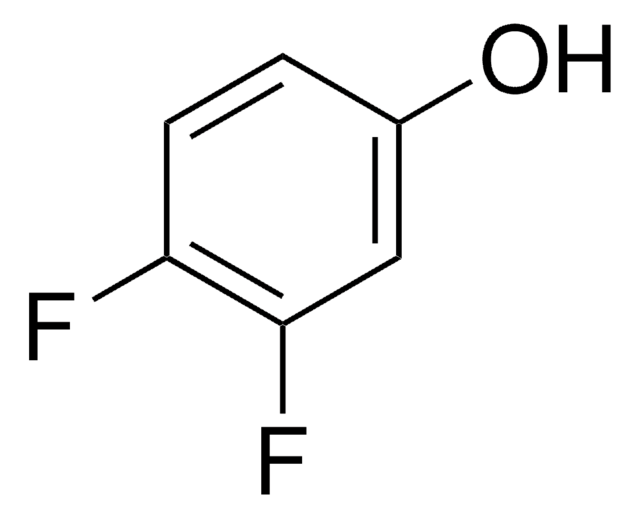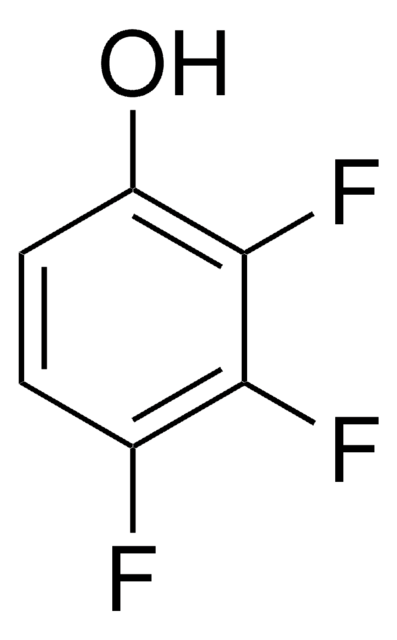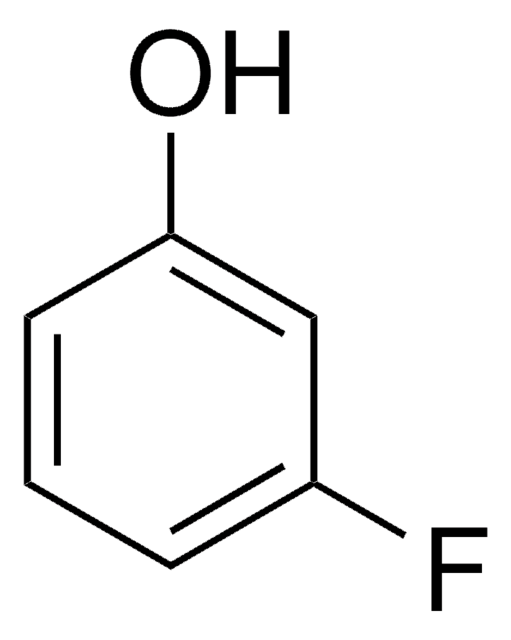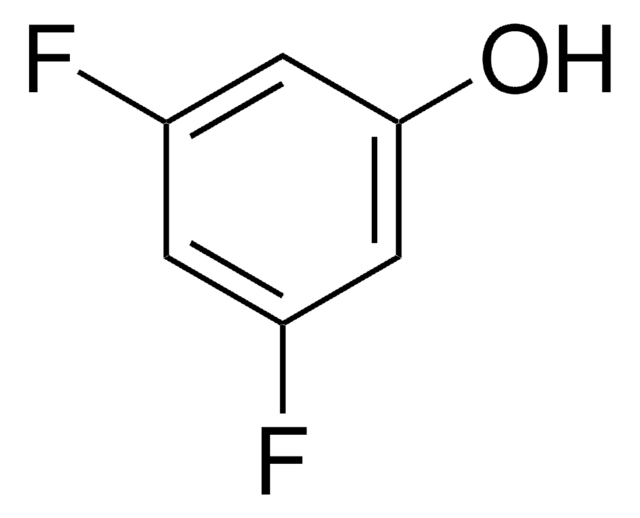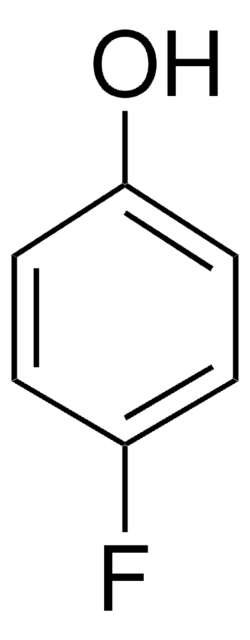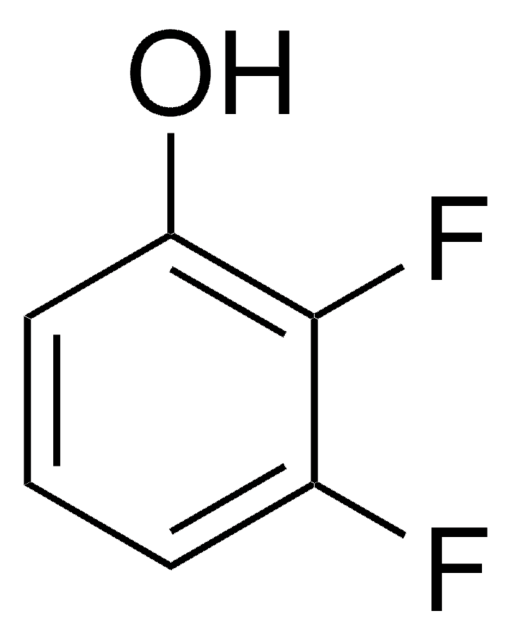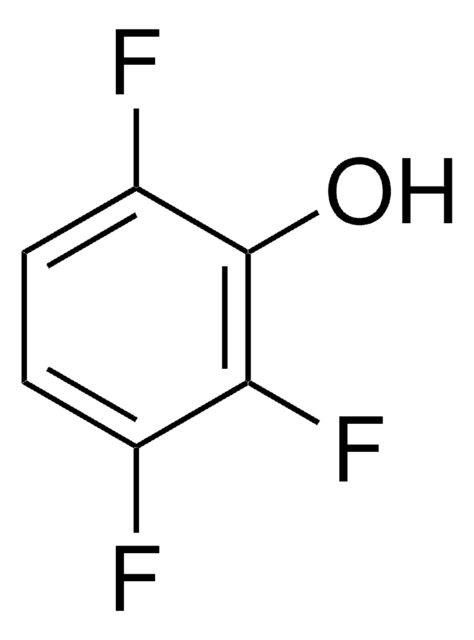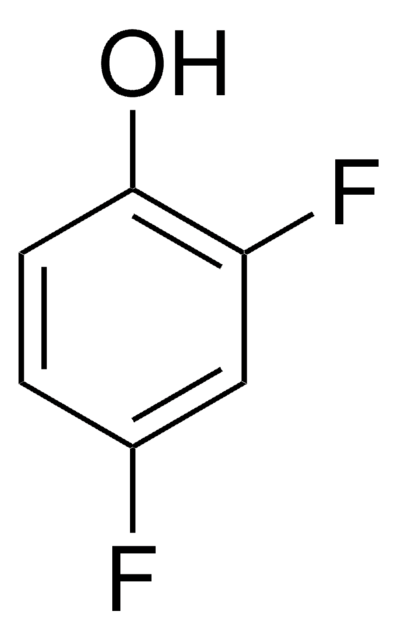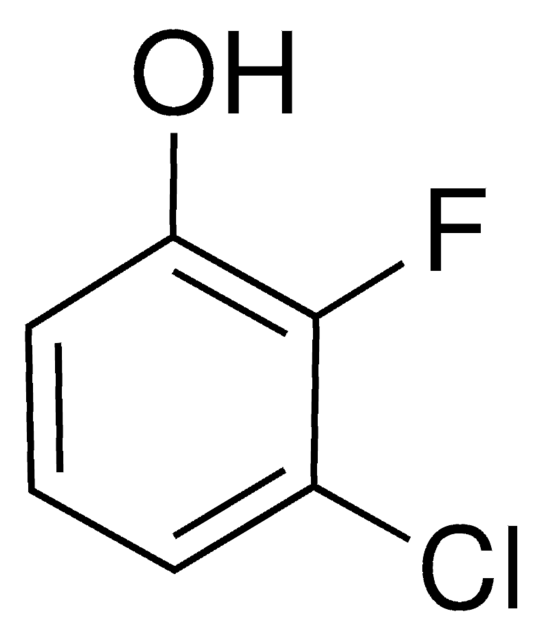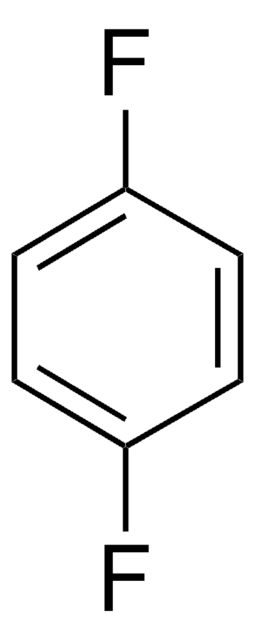About This Item
Recommended Products
Quality Level
assay
95%
form
solid
mp
40-42 °C (lit.)
functional group
fluoro
SMILES string
Oc1cc(F)ccc1F
InChI
1S/C6H4F2O/c7-4-1-2-5(8)6(9)3-4/h1-3,9H
InChI key
INXKVYFOWNAVMU-UHFFFAOYSA-N
Looking for similar products? Visit Product Comparison Guide
General description
Application
signalword
Danger
Hazard Classifications
Acute Tox. 4 Dermal - Acute Tox. 4 Inhalation - Acute Tox. 4 Oral - Eye Irrit. 2 - Flam. Sol. 1 - Skin Irrit. 2 - STOT SE 3
target_organs
Respiratory system
Storage Class
4.1B - Flammable solid hazardous materials
wgk_germany
WGK 3
flash_point_f
127.4 °F - closed cup
flash_point_c
53 °C - closed cup
ppe
Eyeshields, Gloves, type P3 (EN 143) respirator cartridges
Choose from one of the most recent versions:
Already Own This Product?
Find documentation for the products that you have recently purchased in the Document Library.
Our team of scientists has experience in all areas of research including Life Science, Material Science, Chemical Synthesis, Chromatography, Analytical and many others.
Contact Technical Service